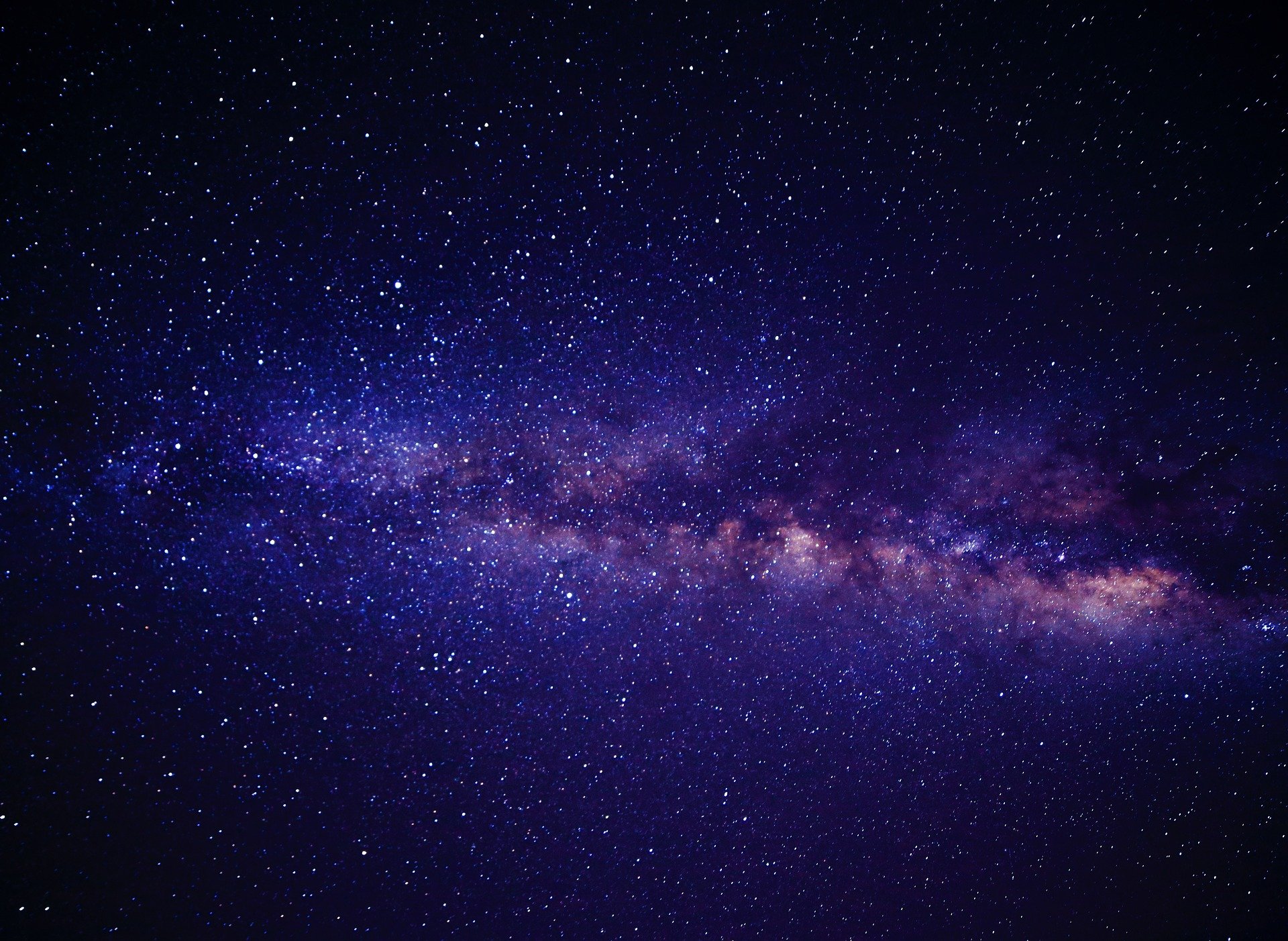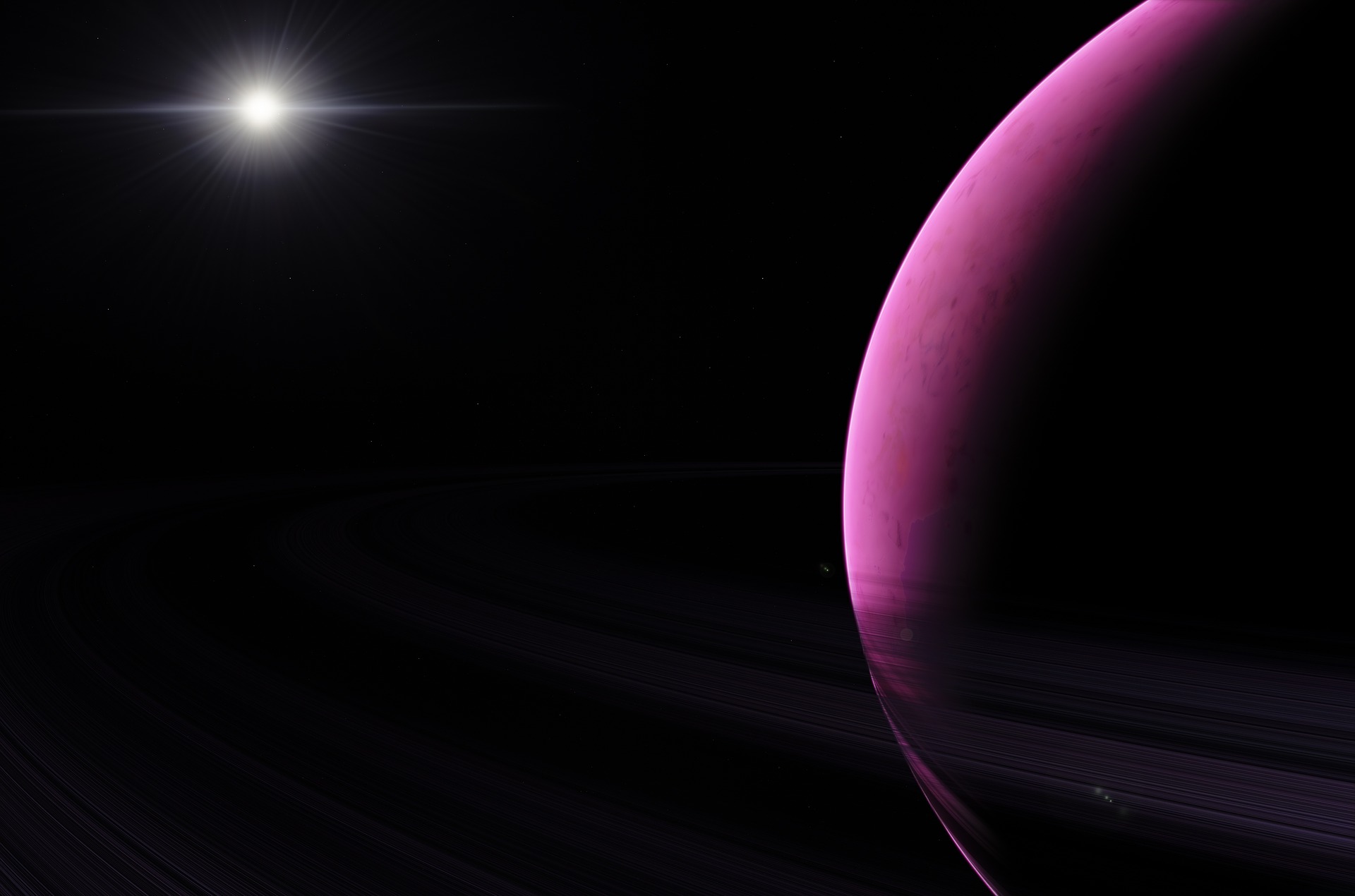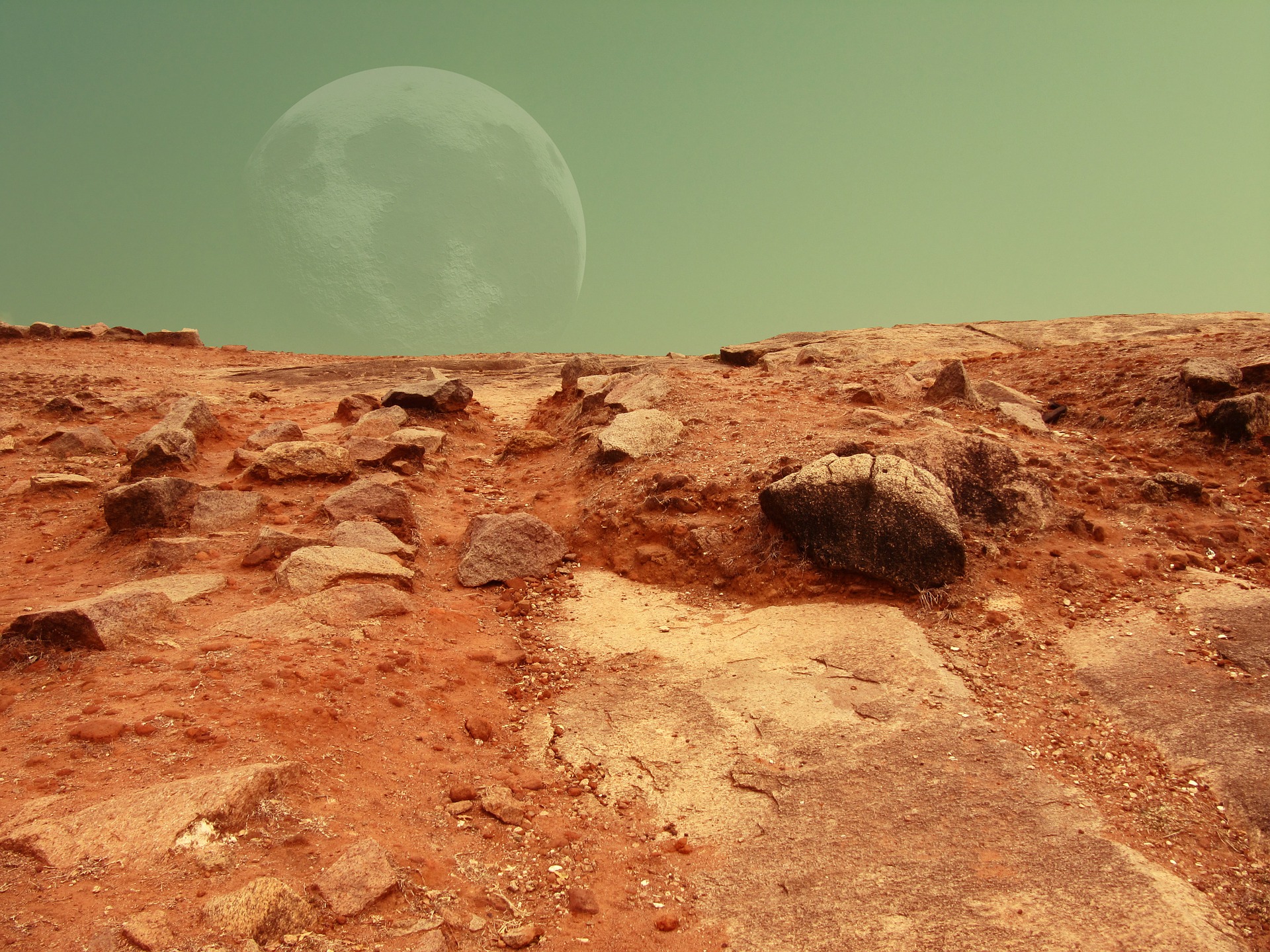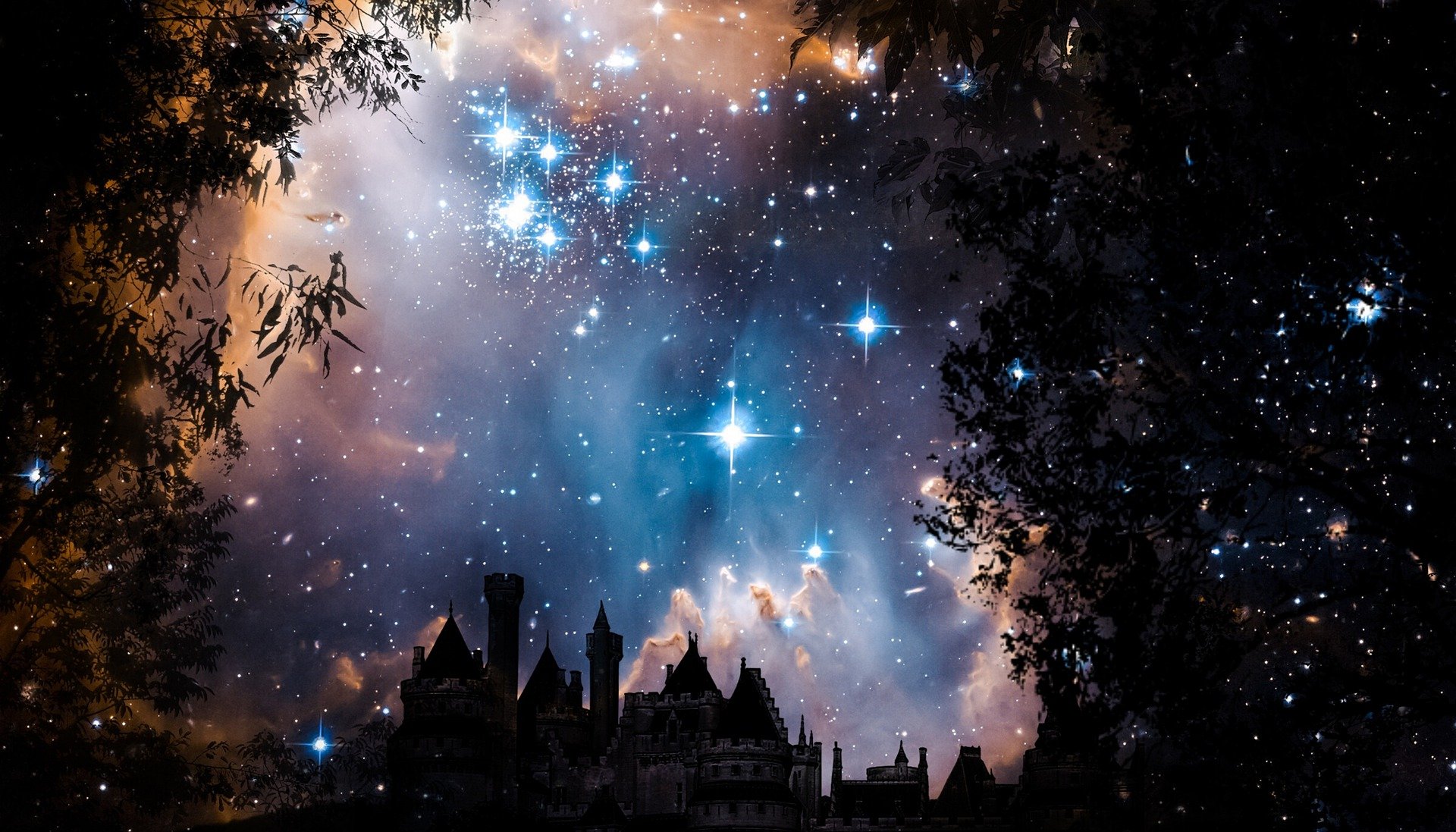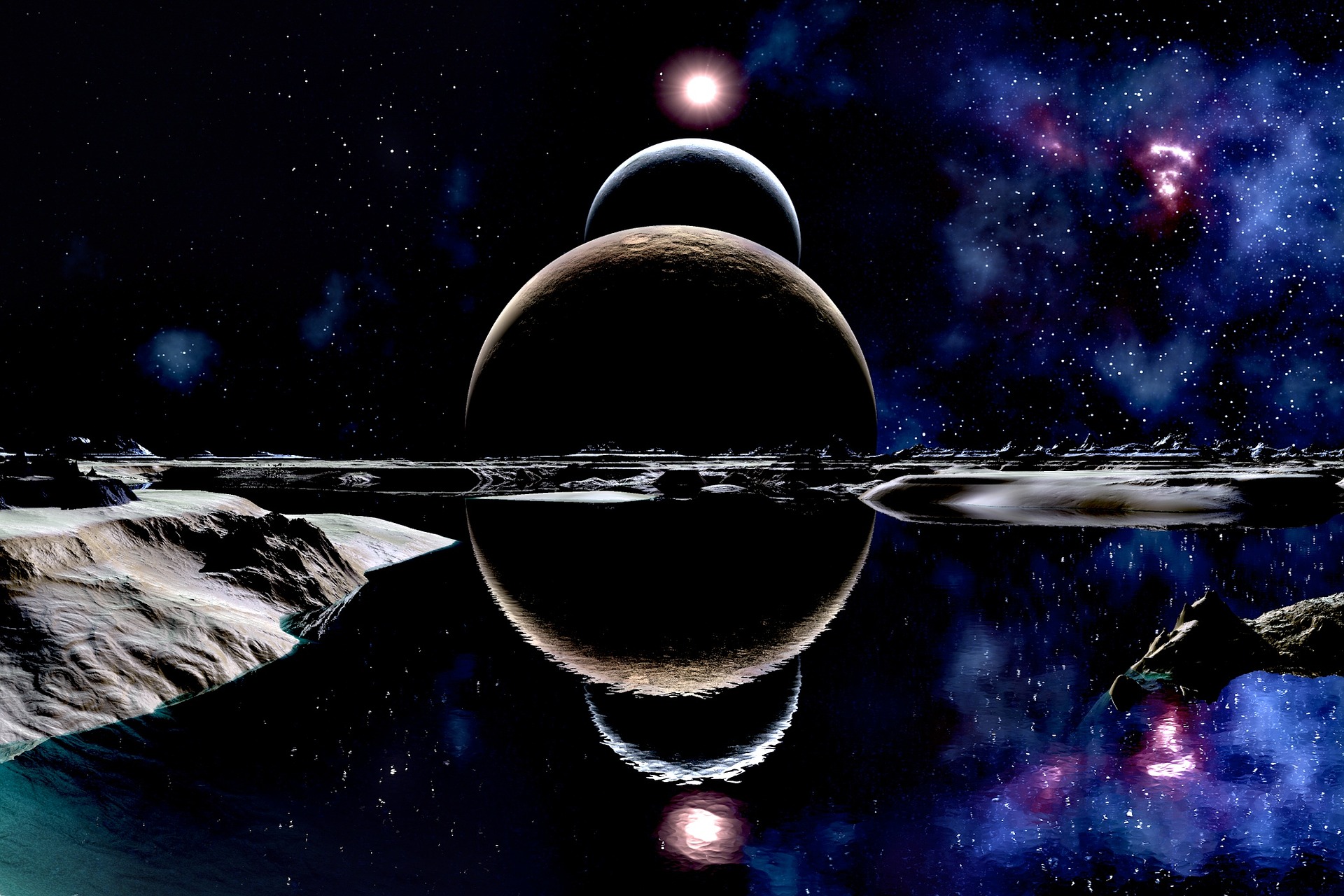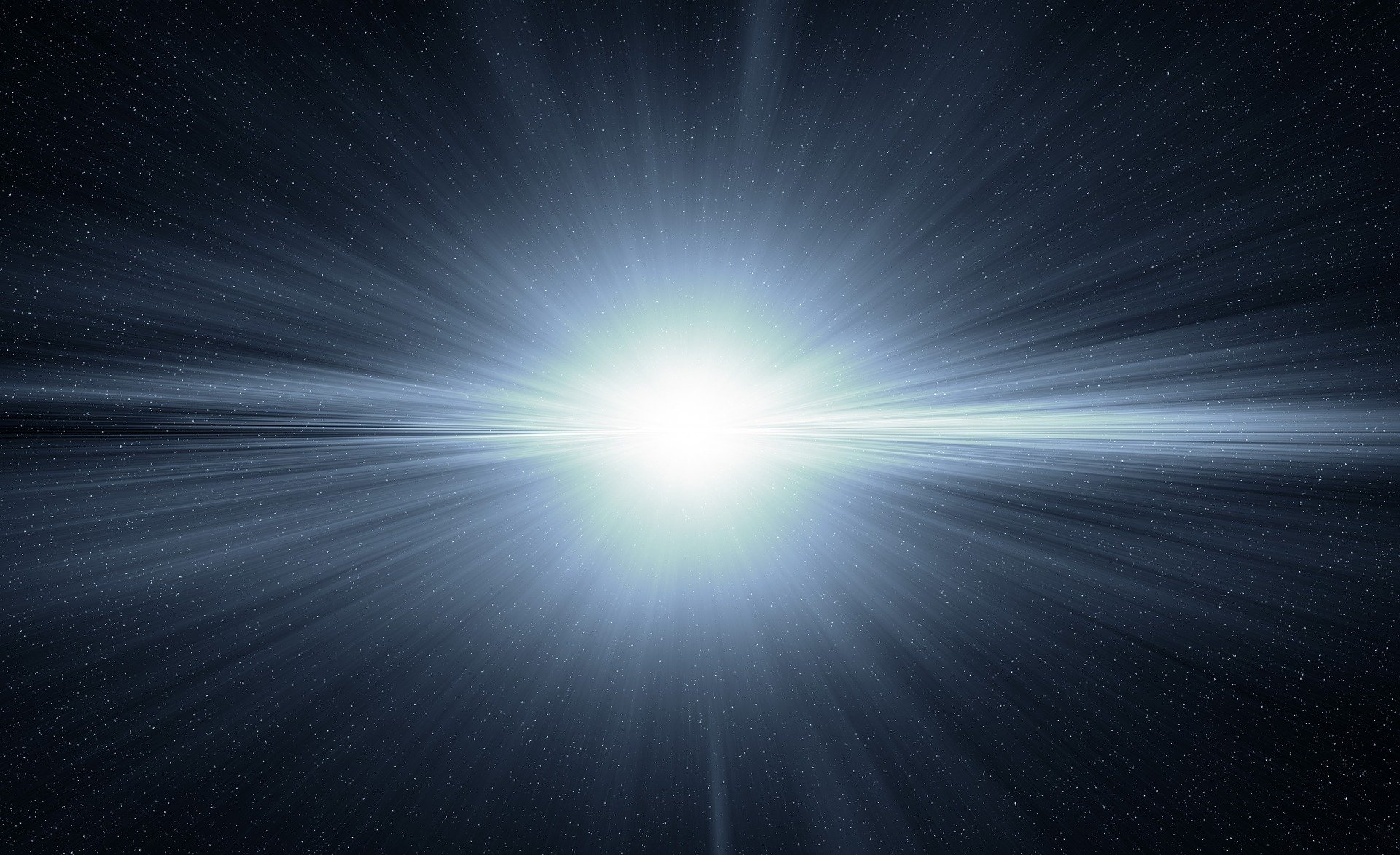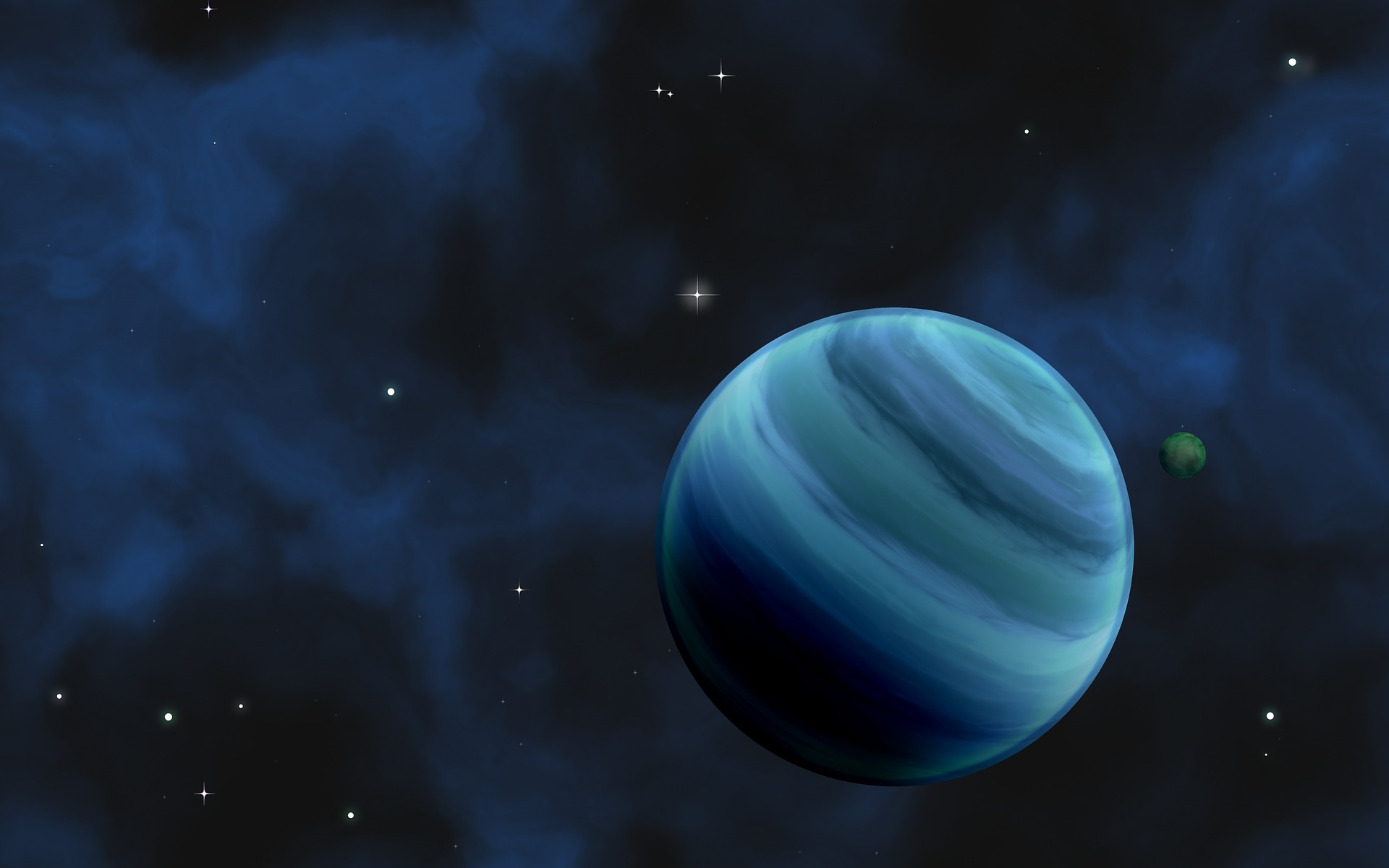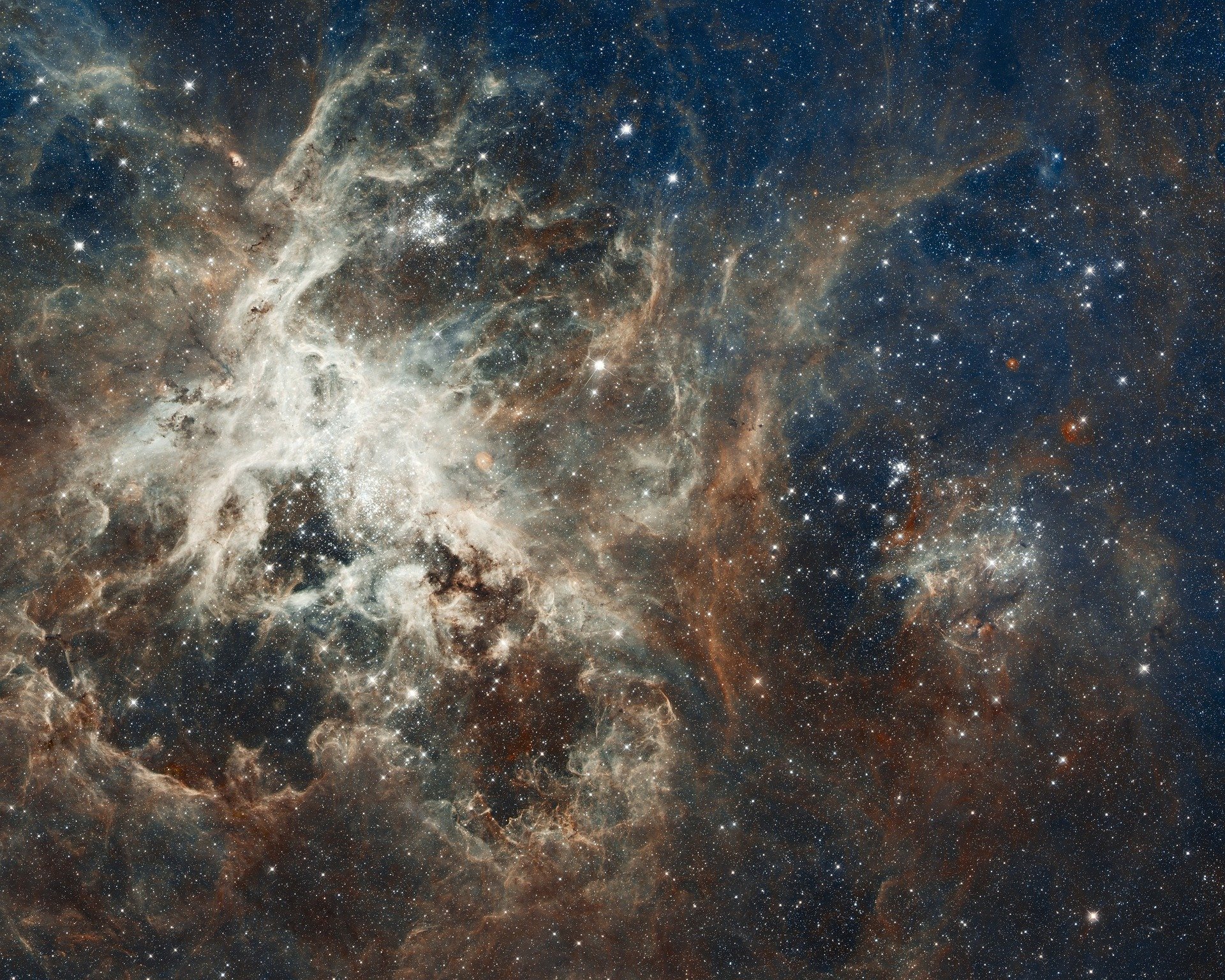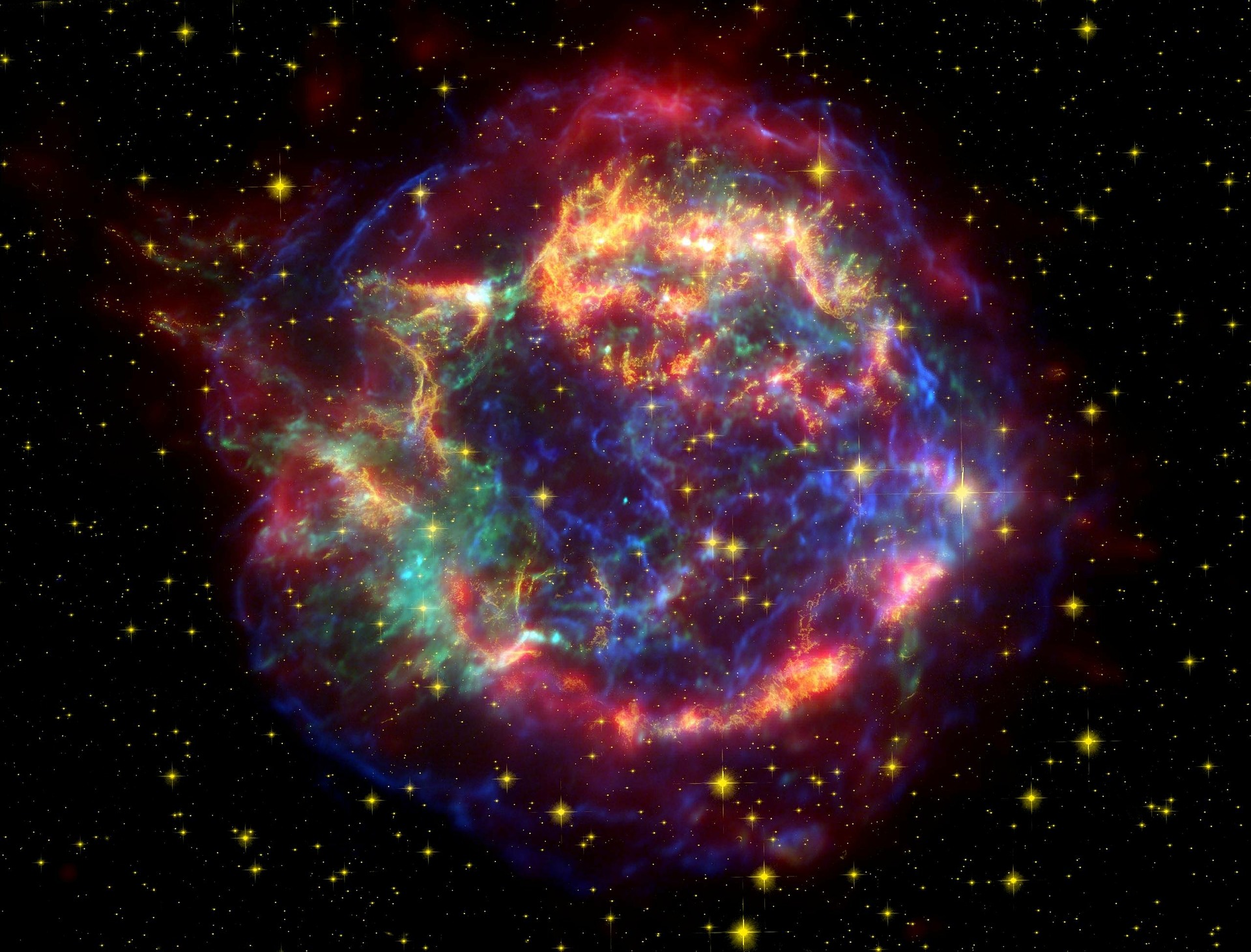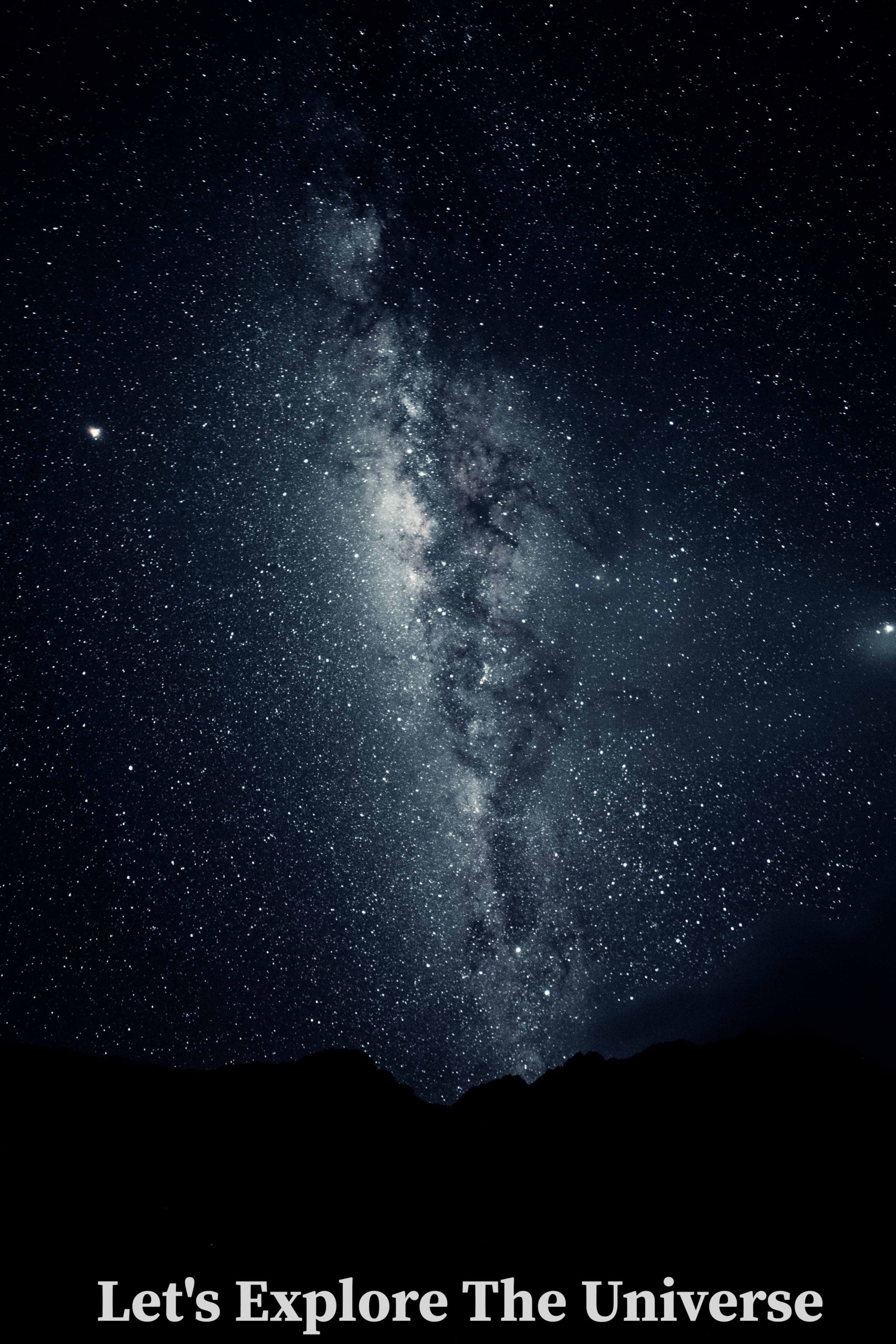Researchers have found a strange spinning object in the Milky Way Galaxy. The Australian researchers say that the object is unlike anything astronomers have ever seen before. The team’s paper on the object has been published in the latest edition of the journal Nature. The object, which releases a huge...
Latest Findings
Researchers have claimed that they have found the second candidate of exomoon, which orbits a planet circling a sun-like star about 5.7k light-years from the earth. In Nature Astronomy on 13 January, they have reported about the finding of the exomoon. The team of astronomers has said that the satellite...
Scientists are eager to trace an evidence of life in a world other than the Earth. After a close observation of the Moon, it has almost become clear that the earth’s natural satellite doesn’t contain life in any form. But there was some hope of existing life in some form...
According to a recent study report, researchers have found a rare SuperLuminous Supernova (SLSNe). The study led by Amit Kumar, a PhD student working under Dr SB Pandey, has spotted the extremely bright, hydrogen deficient, fast-evolving supernova shining with the energy borrowed from an exotic type of neutron star with...
Researchers have discovered 4 earth-mass homeless planets near the center of our galaxy. In the discovery, which has been published in ‘Monthly Notices of the Royal Astronomical Society’, the researchers have said that the free-floating planets are of similar mass to Earth and do not have a host star. Scientists...
A giant blinking star is found near the center of our Milky way galaxy. The news about the discovery is published in Monthly Notices of the Royal Astronomical Society. According to the news, an international team of astronomers has spotted the giant ‘blinking’ star more than 25 thousand light years...
A study published online in Monthly Notices of the Royal Astronomical Society has mentioned that two exoplanets are found by planet hunters. Including Cesar Rubio, there are listed more than a dozen other citizen scientists as co-authors of the study. Citizen science is a way for members of the public...
Image Credit: JPL/NASA Mars Curiosity rover has sent pictures of shining Martian clouds viewed in the Martian sky. NASA says the science team is studying the clouds. They arrived earlier and formed higher than expected, to learn more about the Red Planet. According to NASA, cloudy days are rare in...
A new study by a collaborative Asterochronometry project, funded by the European Research Council, shows that the researchers have recently traced the best pieces of evidence to the date which provides insights into the timing of how the early Milky Way was merged to take the present size. The research...
NASA’s OSIRIS-REx starts trip back to Earth. NASA had sent the spacecraft to an asteroid named Bennu in 2018. The asteroid is in the distance of 200 million miles (320 million km) from Earth. NASA’s same spacecraft is attempting to complete a mission to visit Bennu. Bennu is a skyscraper-sized...
NASA says Hubble has detected a ‘Cosmic Necklace’, which is a spectacular ring adorned with bright clumps of gas created with the interaction of two doomed stars. The view looks like a diamond necklace in the cosmic proportion. The object is named as ‘Necklace Nebula’, which lies 15 thousand light...
NASA’s Perseverance rover has accomplished the ‘Mars Oxygen In-Situ Resource Utilisation Experiment (MOXIE)’ task successfully. For converting some of the Red Planet’s thin, carbon dioxide-rich atmosphere into oxygen, the six-wheeled robot had taken an experimental instrument abroad. In a press statement, NASA said that the test took place on 20...
Stars in the universe are of different luminosities and of various sizes. Our sun is a medium-sized young star with moderate luminosity. Although the sun is now calm and supporting the life on the earth maintaining the right amount of light and temperature needed to form and develop life, a feeling...
Thanks to the NASA’s Hubble Space Telescope for feeding the human curiosity with new and tasty knowledge of the far and wide. The telescope has recently found a pair of quasars that are so close to each other that they look like a single object in ground-based telescopic photos, but...
